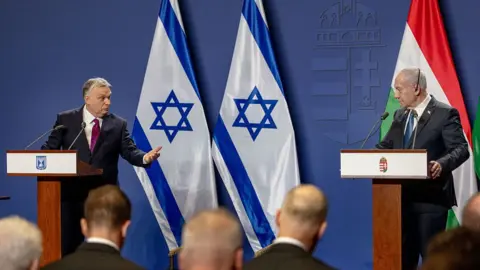
THREAD: hungary bold exit from icc
LifeLine™ Media threads use our sophisticated algorithms to construct a thread around any topic you want, providing you with a detailed timeline, analysis, and related articles.
News Timeline


HUNGARY’S Bold Exit From ICC: A Powerful Message During Netanyahu’s Visit
— Hungary has officially announced its withdrawal from the International Criminal Court (ICC), aligning with Israeli Prime Minister Benjamin Netanyahu’s visit. Hungarian Prime Minister Viktor Orban criticized the ICC as a political tool, saying Hungary no longer wants to be part of it. This announcement came during a joint press conference in Budapest with Netanyahu, who faces ICC charges for alleged war crimes.
Orban stressed that Hungary aims to avoid involvement in what he sees as the ICC’s politicization. The timing of this announcement during Netanyahu’s visit highlights Hungary’s stance against international legal frameworks viewed as biased. Netanyahu’s presence is controversial due to an arrest warrant over allegations tied to the Israeli-Palestinian conflict.
This decision reflects a trend among some countries distancing themselves from international bodies they view as politically driven. Hungary’s withdrawal might affect its relations with other nations and its role in global law discussions. The move underscores growing skepticism about global institutions perceived as overreaching or unfairly targeting certain leaders and countries.

ISRAEL’S Bold Move: 25% of Gaza to be Occupied Amid Rising Conflict
— A senior Israeli official has announced plans to occupy 25% of Gaza in the next two to three weeks. This bold move comes amid rising tensions and ongoing conflict in the region, sparking significant concerns.
The humanitarian situation in Gaza is worsening as the conflict heats up. The international community is watching closely, urging restraint and pushing for negotiation efforts.
Various international bodies are calling for calm as they observe the unfolding situation. Their focus remains on finding a peaceful solution to prevent further escalation.

DUTERTE SUPPORTERS Accused of Intimidating ICC Witnesses
— Attorneys for potential witnesses in the ICC case against former Philippine President Rodrigo Duterte claim intimidation tactics by Duterte supporters. These accusations suggest attempts to persuade witnesses to withdraw their testimony.
Lawyers warn that these strategies might backfire, bringing more attention and scrutiny to the Duterte camp. This happens as investigations into alleged human rights abuses during his war on drugs continue.
The ICC is evaluating evidence that could lead to charges against Duterte and his allies for crimes against humanity. The situation remains tense as of March 24, 2025.

INTERPOL ARREST Shocks: Former Philippine President in Custody
— Interpol has detained the former Philippine president after an ICC warrant was issued. The charges stem from his anti-drug campaign, which led to thousands of deaths. This arrest shines a light on global worries about human rights abuses in the Philippines.
In related news, Syrian officials have confessed to breaking humanitarian laws. They attribute these breaches to chaotic groups that allegedly support their security forces. This admission stirs ongoing debates about responsibility in the Syrian conflict.
These events are pivotal moments in international affairs concerning human rights and law enforcement worldwide. If not already making headlines, they highlight important changes in how countries handle such violations globally.
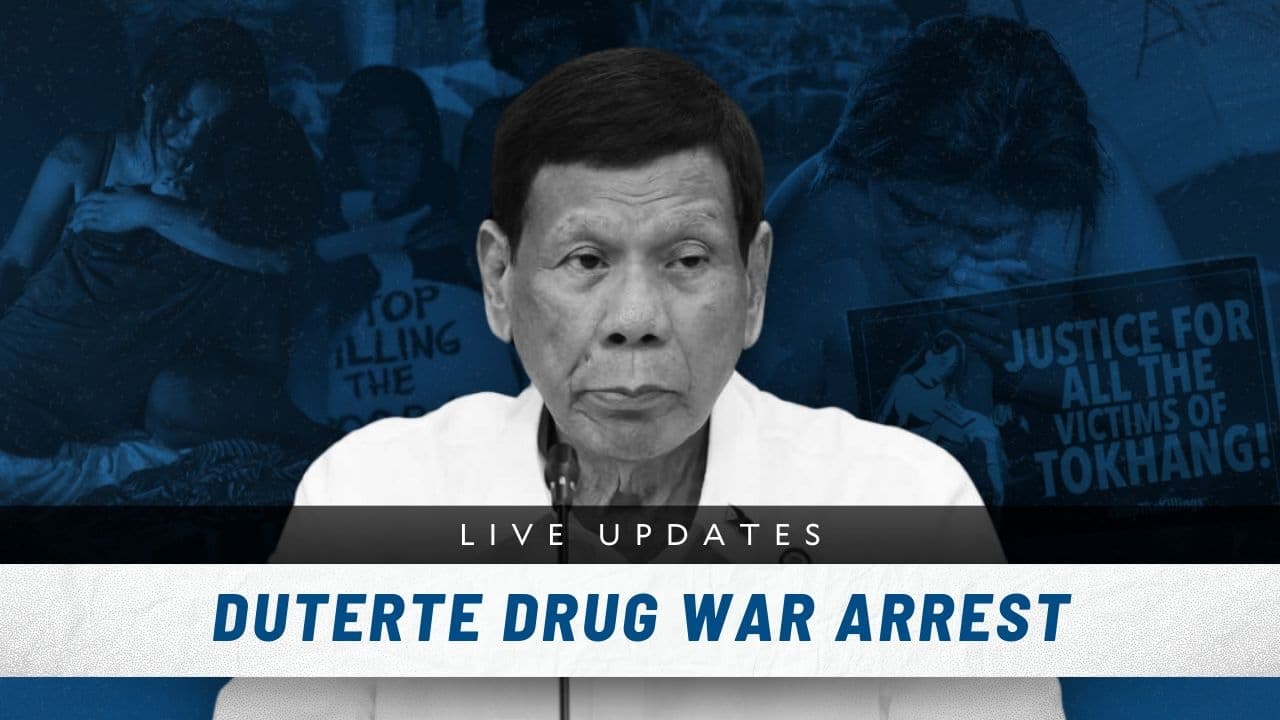
DUTERTE’S Arrest: A Shockwave for Philippine Politics
— Former Philippine President Rodrigo Duterte was arrested in Manila on an INTERPOL warrant from the International Criminal Court (ICC). He faces charges of crimes against humanity linked to his war on drugs. Duterte is now headed to The Hague, Netherlands, for trial.
Duterte’s presidency was known for a tough stance on drug crime, drawing criticism from human rights groups. Despite this, he enjoyed strong domestic support during his time in office. The ICC is investigating extrajudicial killings that occurred without due process during his anti-drug campaign.
The arrest has sparked mixed reactions worldwide. Human rights advocates see it as a step toward accountability, while some Duterte supporters view it as an infringement on Philippine sovereignty. This event could affect the Philippines’ future relations with international bodies and its commitment to human rights standards.
Duterte’s trial at the ICC may set important precedents for international law and state accountability regarding human rights violations. As legal proceedings unfold, further updates are expected in this evolving situation.

Lithuania’s BOLD Move: QUITS Cluster Bomb BAN Amid Rising Threats
— Lithuania has pulled out of an international treaty banning cluster bombs, citing security threats from Russia. This decision has sparked criticism from human rights groups. Lithuania also plans to exit a treaty banning anti-personnel land mines.
Human Rights Watch and Amnesty International have slammed Lithuania’s move as “disastrous.” They warn it could put civilian lives at risk in the region. Despite the backlash, Lithuania stands firm on its stance due to regional security concerns.
This decision marks a big shift for Lithuania, a former Soviet republic. The country is focusing on its national defense amid rising tensions with Russia. Critics argue this could lead to more militarization in Eastern Europe.
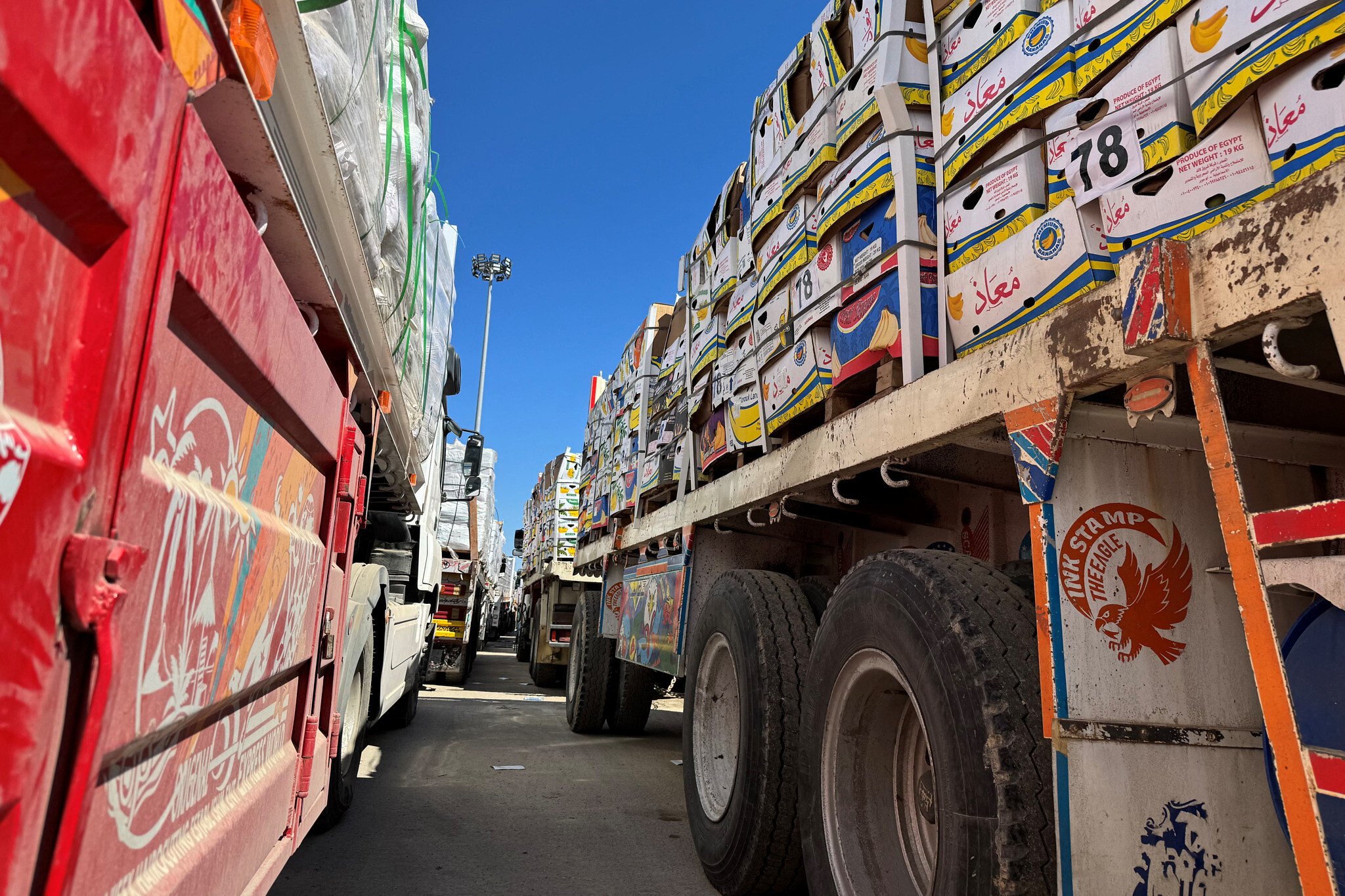
ISRAEL’S Bold Move: Aid to Gaza Halted Amid Ceasefire Clash
— Israel has stopped all humanitarian aid to Gaza, citing Hamas’s refusal to extend a U.S.-backed ceasefire agreement. Prime Minister Netanyahu announced the halt after the ceasefire deal expired. This decision comes during Ramadan and Passover, highlighting the religious significance of this period.
Netanyahu warned of “additional consequences” if Hamas continues rejecting peace talks. Hamas condemned Israel’s action as “cheap blackmail” and a “war crime.” They urged international mediators to pressure Israel into reversing its decision, as Gaza faces dire humanitarian conditions after 17 months of conflict.
The ongoing war in Gaza has resulted in over 45,000 deaths and severe infrastructure damage. Most residents depend on humanitarian aid for survival, worsening their plight with this new development. Additionally, there are still 59 hostages held by various groups within Gaza.
On the same day, Ukrainian President Zelenskyy attended a summit in London amid tensions with U.S. President Trump. This interaction raises concerns about U.S.-Ukraine relations and broader global tensions in March 2025, reflecting critical moments in both conflicts involving Israel-Palestine and Ukraine-Russia dynamics.

SUPREMEX CFO Exit Sparks Strategic Shift
— Supremex Inc., a key player in North America’s envelope and packaging market, announced the exit of its Chief Financial Officer, François Bolduc. Known for its strong industry presence, this leadership change hints at a possible strategic shift as Supremex faces future challenges.
To ensure stability during this transition, Supremex has Stewart Emerson working closely with the finance team. This plan aims to keep operations steady while searching for Bolduc’s replacement. The company is dedicated to finding a new CFO soon.
The hunt for a new CFO will start shortly, showing Supremex’s proactive stance on leadership changes. Investors and stakeholders are watching closely as the company advances with this process. Stay tuned for updates on how this may affect Supremex’s market strategies and performance.

BIDEN in HOT Water: ICC Probe Over Israeli WAR Crimes
— A US-based human rights group, Dawn, has filed a complaint with the International Criminal Court (ICC) against President Joe Biden and his administration. The accusation is about their alleged role in Israeli war crimes in Gaza. Dawn claims that US support enabled actions that qualify as war crimes under international law.
The complaint states that military and political backing from the US allowed targeting civilians and forced displacement in Gaza. Dawn’s legal team argues the ICC is the right place for this case because there are no domestic legal options available. This action aims to hold those responsible accountable for alleged international crimes.

HSBC’S BOLD Move: 40 Dealmakers CUT in Hong Kong
— HSBC has laid off 40 investment bankers in Hong Kong. This is part of a global restructuring plan to cut costs. The layoffs hit several divisions, including technology, media, telecommunications, and financial institutions. HSBC aims to streamline operations worldwide with this bold move.
GOLD SHINES: Prices RISE Despite STRONG Dollar
Gold prices are climbing even as the dollar gains strength. Investors flock to gold as a safe haven during economic uncertainty over tariffs and interest rates. This highlights gold’s lasting appeal in volatile markets.
MILEI FIGHTS BACK: Denies WRONGDOING in Crypto SCANDAL
Argentine President Javier Milei denies any wrongdoing in a cryptocurrency scandal threatening his political career. Facing lawsuits and impeachment calls, Milei defends himself amid growing scrutiny. The controversy adds pressure on his administration during tough economic times for Argentina.
Heartland Bank reports a $50 million loss from bad loans but insists its overall financial health is stable. Despite this setback, the bank plans to issue a half-year dividend as expected, reassuring investors of its resilience.

UK JUDGE’S BOLD Decision Stirs Controversy: Palestinian Family Gains Entry
— A Palestinian family, displaced by an Israeli airstrike in Gaza, applied to enter the U.K. under the Ukraine Family Scheme. Although not Ukrainian, they sought a compassionate interpretation of the law. The British Home Office initially rejected their application last May.
The family appealed to an immigration tribunal judge, who also rejected their case. However, an upper tribunal judge later upheld their appeal in January, citing the European Convention on Human Rights’ “right to family life.” This decision sparked criticism from many in the British political establishment.
Critics argue that allowing this exception could lead to a flood of similar cases from Gaza and accuse judges of overstepping by altering government policy without authority. Shadow home secretary Chris Philp emphasized that judges should not create new schemes based on broad interpretations of human rights law.
Judge Hugo Norton-Taylor defended his ruling by highlighting the severe risks faced by the family’s youngest children if they remained in Gaza. He dismissed concerns about opening floodgates, asserting that his decision was based solely on this case’s unique circumstances and facts.

BANGLADESH TURMOIL: Prime Minister’s Shocking Exit Sparks Chaos
— Bangladesh’s Prime Minister Sheikh Hasina has resigned and fled the country, causing a major political upheaval. Her resignation follows weeks of violent protests over her government’s handling of economic and human rights issues.
The situation in Bangladesh is tense, with security forces on high alert to prevent more violence. Opposition groups are mobilizing, raising concerns about potential power vacuums and increased instability in the region.
Reactions to Hasina’s resignation are mixed. Some see it as a step toward peace, while others worry about what it means for Bangladesh’s future governance and stability.
This unexpected development marks a significant political shift in Bangladesh, leaving many questions unanswered about what comes next for the nation.

ROMANIAN ELECTION Shock: Russian Interference Sparks Outrage
— Calin Georgescu, a populist candidate, was leading Romania’s election before it was nullified over alleged Russian interference. He gained support by embracing conservative values and criticizing left-wing figures like George Soros. Despite modest campaign spending, Georgescu’s social media presence drew in religious conservatives and those frustrated with government corruption.
Romania’s Constitutional Court canceled the election after intelligence reports accused Russia of using fake TikTok accounts to back Georgescu. The reports also claimed a cyberattack on the election system. These allegations led to an investigation into “electoral crimes,” sparking widespread protests from Georgescu supporters who believed the election was stolen.
Protesters flooded the streets, waving Romanian flags and demanding their votes be counted in a second round of elections. They denounced President Klaus Iohannis’s administration as illegitimate and called for his arrest, labeling government officials as “traitors.” The political unrest underscores deep divisions within Romania over foreign influence and electoral integrity.
— Central America Prepares for Surge in Vulnerable Migrants Honduras and neighboring countries are on high alert for an expected influx of migrants, despite lacking the resources to effectively manage the crisis

— Adani’s US Fraud Charges May Impact India’s Economy Gautam Adani faces fraud allegations in the US, raising concerns about potential broader implications for India’s financial landscape
— Giuliani Ordered to Surrender Assets to Georgia Election Workers A federal judge has mandated Rudy Giuliani to relinquish his New York City apartment and other assets following a $148 million defamation ruling in favor of two Georgia election workers

— UK Leads European Office Investment Resurgence The UK has emerged as a frontrunner in revitalizing office investments across Europe, signaling a strong recovery in the commercial property market

— UniCredit’s Andrea Orcel Eyes Commerzbank Acquisition The CEO of UniCredit is strategically targeting Commerzbank as part of a bold expansion plan

UN COURT DEMANDS Israel Halt Gaza Offensive
— The International Court of Justice has ordered Israel to stop its military actions in Rafah, Gaza. This decision increases pressure on Israel, which already faces international condemnation. Norway, Ireland, and Spain recently recognized a Palestinian state.
The Biden administration is caught between supporting Israel and opposing a major offensive in Rafah. National Security Adviser Jake Sullivan stated that Israel’s actions have been targeted and limited so far. However, he acknowledged the situation could change rapidly.
A State Department official confirmed that the operation has not yet reached the densest areas of Rafah. The U.S. continues to provide military and political support to Israel while urging caution against escalating the conflict further into densely populated regions of Gaza.

OUTRAGE Over ICC’S Arrest Warrants for Israeli and Hamas Officials
— The International Criminal Court (ICC) faces backlash for considering arrest warrants against Israeli and Hamas officials. Critics argue that rogue nations often escape scrutiny while the ICC targets Israel. “It’s spent over $2 billion. It’s been really ineffective,” said Orde Kittrie, a senior fellow at the Foundation for Defense of Democracies.
Kittrie emphasized that Israel is not an ICC member state and polices its own alleged violations, making the court’s actions unjustified. “It’s obviously, totally politically driven,” he added, describing it as a political vendetta masquerading as legal proceedings.
Former Israeli leaders have called for dismantling the ICC, labeling it a “political tool.” The court’s prosecutor Karim Khan announced plans to request arrest warrants for Israeli Prime Minister Benjamin Netanyahu and Defense Minister Yoav Gallant, along with Hamas leaders Yahya Sinwar and Ismail Haniyeh.
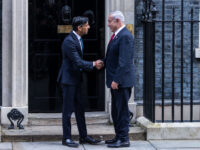
UK Government BLASTS ICC Over Netanyahu Arrest Warrants
— The British government has criticized the International Criminal Court (ICC) for seeking arrest warrants against Israeli Prime Minister Benjamin Netanyahu and Hamas leaders. UK Prime Minister Rishi Sunak called the move “deeply unhelpful” during a summit in Vienna, emphasizing that there is no moral equivalence between Israel’s self-defense and Hamas’s terrorism. Sunak’s stance aligns with U.S. President Biden, who labeled the ICC’s action as "outrageous.
Cabinet minister Michael Gove echoed these sentiments, accusing the ICC of double standards by targeting Netanyahu while ignoring Syria’s Bashar al-Assad. Gove argued that this narrative aims to delegitimize Israel by holding it to higher standards than other nations. The British government maintains that the ICC lacks jurisdiction over Israel since it is not a party to the Rome Statute.
However, Labour’s David Lammy supports the ICC’s decision, citing a legal obligation for signatories of the Rome Statute to comply with its orders. Lammy accused Conservatives of undermining international law by criticizing the court. This legalistic approach contrasts sharply with current government lawyers who argue that Palestine is not recognized as a state by many countries, including the UK, thus invalidating any jurisdiction over Israel by the ICC.
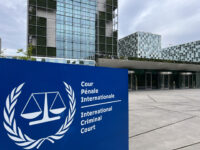
ICC WARRANTS for Netanyahu and Gallant Ignite Outrage
— The International Criminal Court (ICC) chief prosecutor Karim Khan announced warrants for Israeli Prime Minister Benjamin Netanyahu and Defense Minister Yoav Gallant, along with three Hamas leaders. Netanyahu condemned the move, calling it a “travesty of justice” and a “vicious smear” aimed at preventing Israel from defending itself. He emphasized that Israel is committed to rescuing hostages and toppling the Hamas regime.
Netanyahu asserted that Israel adheres to international humanitarian law and does not target civilians in Gaza. He criticized the ICC for equating Israeli leaders with Hamas terrorists who use children as human shields. The accusation that Israel is causing starvation in Gaza was also refuted, with Netanyahu noting an increase in food entering Gaza since October 7.
He warned that the ICC warrants would embolden terrorists and play into Hamas’s strategy of violence against Israelis. The move by the ICC has been widely criticized as undermining Israel’s right to self-defense while ignoring the atrocities committed by Hamas.

Sunak’s RWANDA Gamble: A Crucial Test Amid Conservative Uproar
— UK Prime Minister Rishi Sunak faces a rebellion within his own party. He’s pushing for approval of a controversial plan to deport certain asylum-seekers to Rwanda. The plan has already been blocked by the UK Supreme Court, and 60 members of his party have attempted to toughen the legislation. This led to the resignation of two deputy chairmen and a junior ministerial aide from his party.
The “Safety of Rwanda Bill” could face defeat if another rebellion occurs within Sunak’s party. This would pose a significant threat to Sunak’s government, which is just over a year old. The Prime Minister has placed this contentious immigration policy at the center of his election campaign strategy, even though he trails significantly behind Labour in opinion polls.
Sunak believes that deporting unauthorized asylum-seekers will discourage dangerous crossings over the English Channel and disrupt people-smuggling operations. However, he faces an uphill battle in convincing both fellow Conservatives and voters that this plan is effective.
Navigating tensions between liberal and law-and-order factions within his own party adds another layer of complexity for Sunak as he tries to push through this divisive policy.
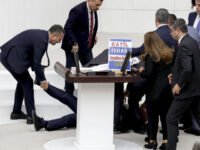
Turkish MP COLLAPSES Amid Fiery Denouncement of Israel’s Actions Against Hamas
— In a dramatic turn of events, Bitmez, the Deputy Chief of Turkey’s Saadet Party, collapsed during a budgetary debate in the Grand Assembly of the Turkish parliament. His collapse followed an impassioned criticism of Israel’s military response to Hamas terrorists in Gaza. Bitmez accused Israelis of committing “crimes against humanity” and “ethnic cleansing.” His final words before collapsing were reportedly, “Israel will not escape the wrath of Allah!”
Bitmez, aged 54 and a diabetic patient, was immediately rushed to Ankara’s Bilkent City Hospital. He was reported to be in critical condition following his sudden collapse.
The Saadet or “Felicity” Party that Bitmez is affiliated with is known for its Islamist ideology. It’s considered more hardline than President Recep Tayyip Erdogan’s ruling Justice and Development (AKP) party. This incident comes at a time when relations between Turkey and Israel are tense due to Israel’s counter-terrorist operation in Gaza initiated after an attack by Hamas on October 7.
Erdogan has openly criticized Israel’s military actions while hailing Hamas
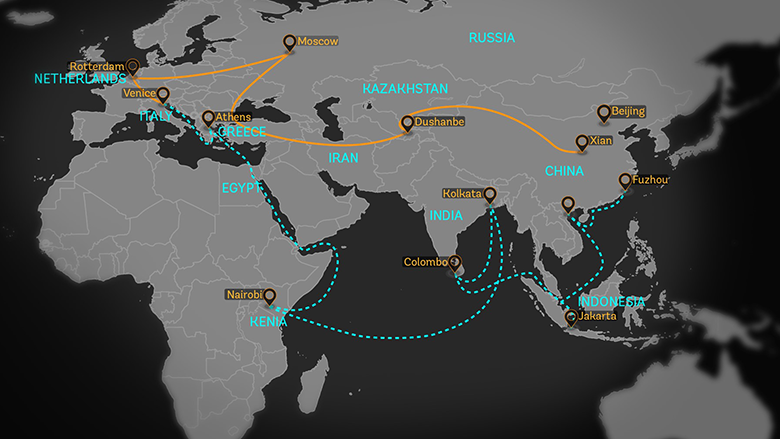
ITALY’S Bold Exit from China’s Belt and Road Initiative: A Triumph for Western Independence
— Italy recently declared its departure from China’s Belt and Road Initiative (BRI), signifying a major shift in Western attitudes towards Beijing’s economic clout. After four years of involvement, Italian Foreign Minister Antonio Tajani noted that nations not participating in the initiative have seen superior results.
The official withdrawal notice was issued by Prime Minister Giorgia Meloni’s administration this week, well before the initial agreement expires next year. This decision sets the stage for an upcoming summit hosted by China with European Union leaders who have lately adopted a more wary stance towards Beijing.
In response to mounting skepticism, Chinese Foreign Minister Wang Yi advocated for mutually beneficial relationships between Europe and China to boost global development. However, such views are increasingly met with suspicion in Europe as Western societies strive to steer clear of economic connections that might give Beijing an upper hand during political upheavals.
Stefano Stefanini, former Italian Ambassador, underscored an official G7 policy termed “de-risking”, spotlighting U.S.'s opposition against Italy’s participation in BRI. Despite U.S warnings labeling it as a “predatory” lending scheme aimed at controlling strategic infrastructure, Italy joined the initiative back in 2019.

Video
GLOBAL ELECTIONS Shock: What’s at Stake for Iran, Britain, and France
— Over the next week, voters in countries like Iran, Britain, and France will head to the polls. These elections come at a critical time with global tensions high and public concerns over jobs, climate change, and inflation.
In Iran, Supreme Leader Ayatollah Ali Khamenei seeks a successor for President Ebrahim Raisi following his recent death. Candidates include hard-liners Saeed Jalili and Mohammad Bagher Qalibaf as well as reformist Masoud Pezeshkian.
These elections could significantly impact global politics amid ongoing wars in Europe, the Middle East, and Africa. The outcomes may reorient international relations during this period of mutual suspicion among major powers.
More Videos
Invalid Query
The keyword entered was invalid, or we couldn't gather enough relevant information to construct a thread. Try checking the spelling or entering a broader search term. Often simple one-word terms are enough for our algorithms to build a detailed thread on the topic. Longer multi-word terms will refine the search but create a narrower information thread.


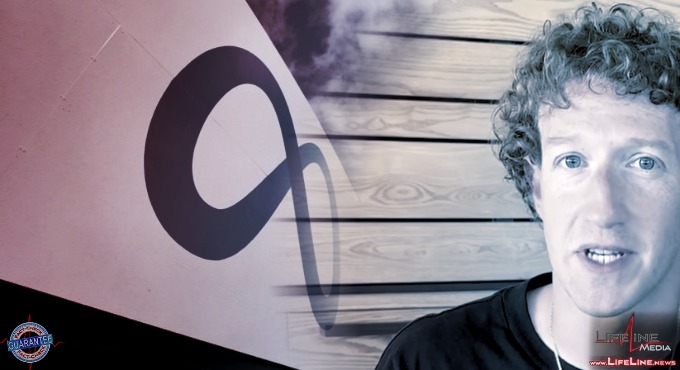
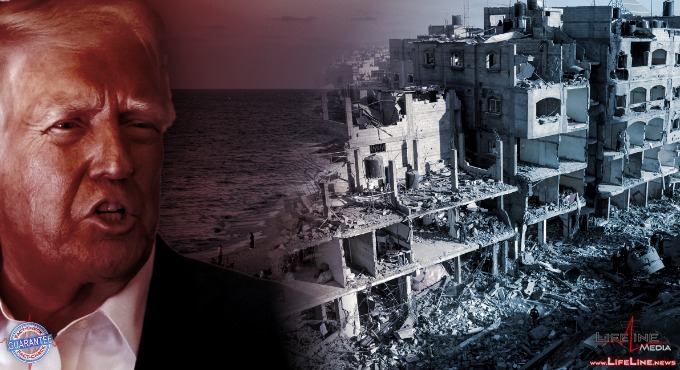
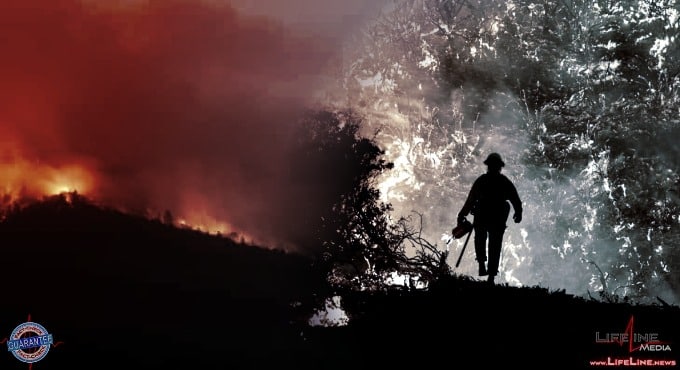
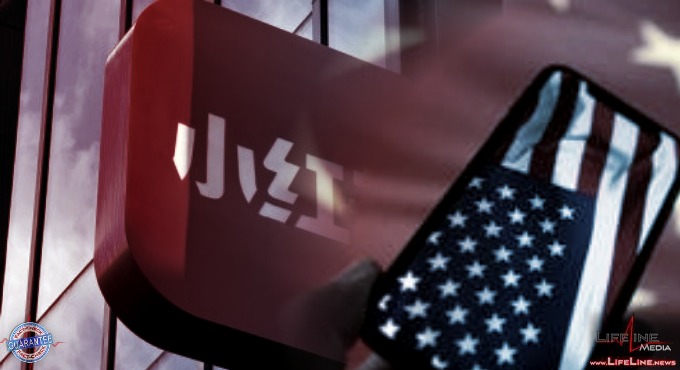
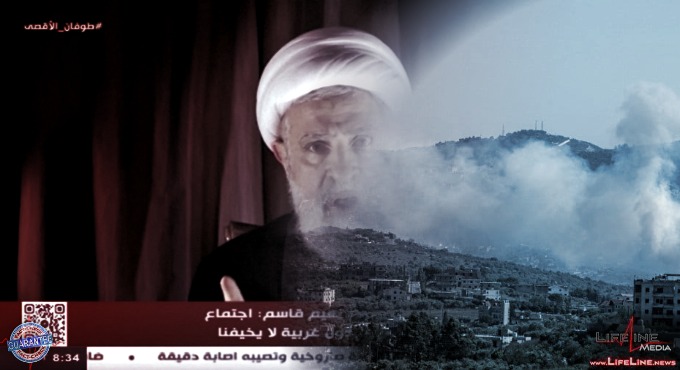


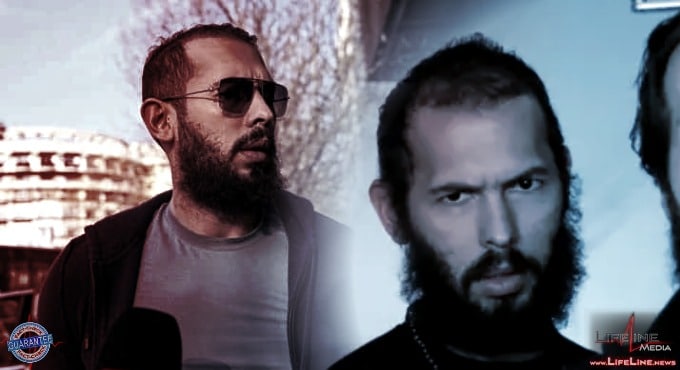
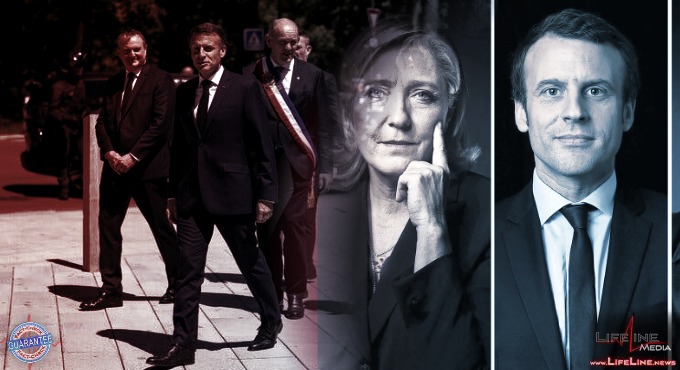
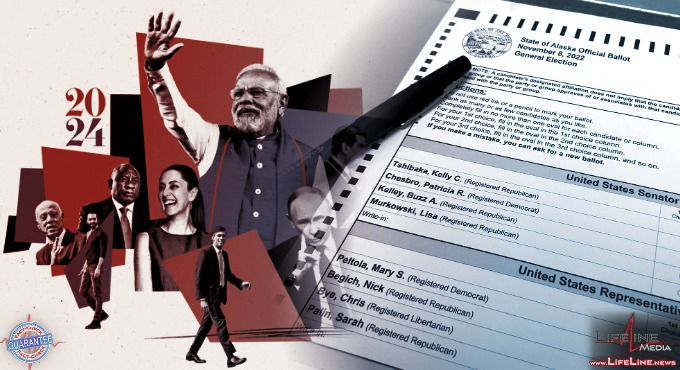
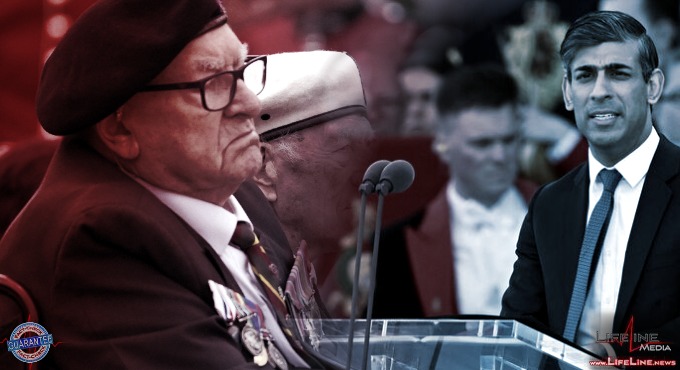

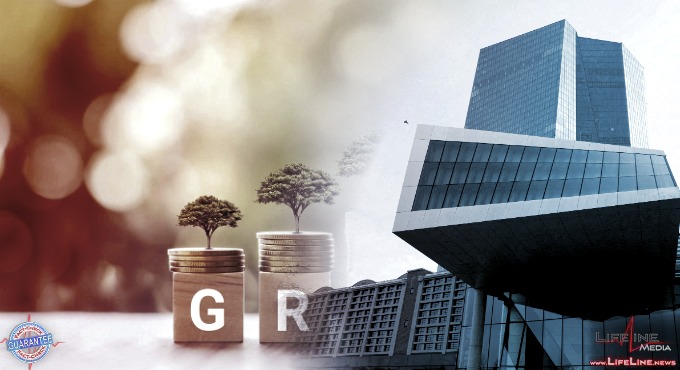




Social Chatter
What the World is SayingBudapest is the capital and most populous city of Hungary. It is the ninth-largest city in the European Union by population within city limits and the largest city on the Danube river; the city has an estimated population of 1,752,286 over a land area of about 525 square kilometres (203 square miles...
. . .Budapest is the capital and most populous city of Hungary. It is the ninth-largest city in the European Union by population within city limits and the largest city on the Danube river; the city has an estimated population of 1,752,286 over a land area of about 525 square kilometres (203 square miles...
. . .Budapest is the capital and most populous city of Hungary. It is the ninth-largest city in the European Union by population within city limits and the largest city on the Danube river; the city has an estimated population of 1,752,286 over a land area of about 525 square kilometres (203 square miles...
. . .Budapest is the capital and most populous city of Hungary. It is the ninth-largest city in the European Union by population within city limits and the largest city on the Danube river; the city has an estimated population of 1,752,286 over a land area of about 525 square kilometres (203 square miles...
. . .Budapest is the capital and most populous city of Hungary. It is the ninth-largest city in the European Union by population within city limits and the largest city on the Danube river; the city has an estimated population of 1,752,286 over a land area of about 525 square kilometres (203 square miles...
. . .